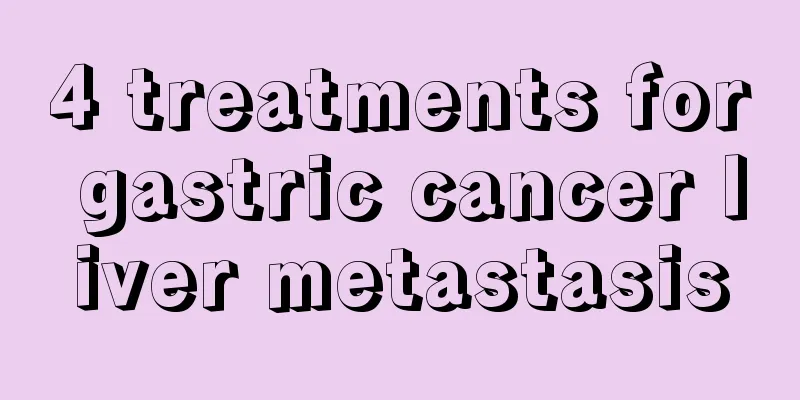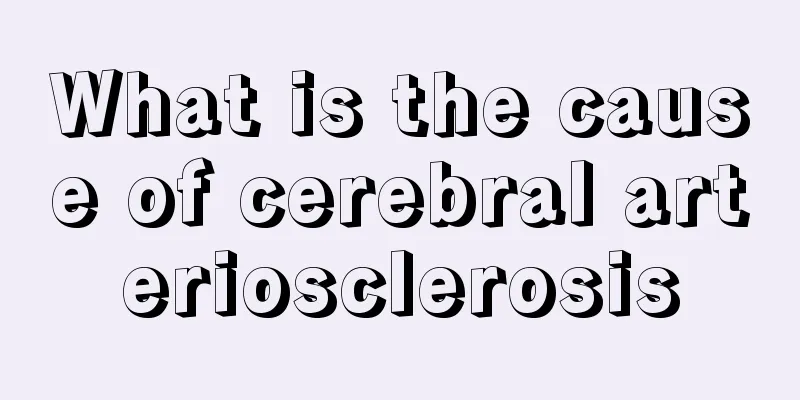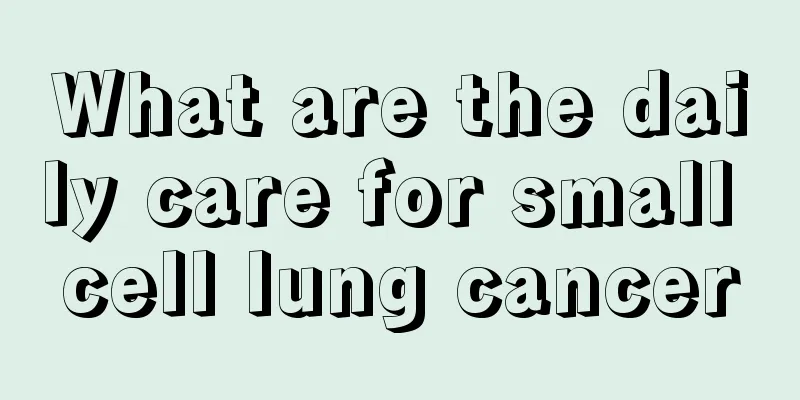4 treatments for gastric cancer liver metastasis

|
With the improvement of medical technology, although the survival of gastric cancer patients has been significantly improved, 5% to 15% of patients will still have liver metastasis, which means that the disease has entered the late stage, the survival period is shortened, and the prognosis is poor. Generally speaking, gastric cancer patients with liver metastasis can have four treatment methods: surgical treatment, radiofrequency ablation, hepatic artery chemoinfusion/hepatic artery chemoembolization, and systemic chemotherapy. Surgery Gastric cancer patients often have lesions outside the liver when they have liver metastasis, such as peritoneal metastasis, lymph node metastasis, and distant metastasis of other organs. Therefore, patients without peritoneal metastasis and gastric cancer lesions without vascular and lymphatic invasion can consider liver lesion resection, and should consider those. For example, metastatic lesions located in one lobe of the liver or metastatic lesions with a diameter of less than 4 cm and isolated liver lesions can be surgically resected, but adjuvant chemotherapy is required after surgery. Radiofrequency ablation As an alternative to surgery, radiofrequency ablation can be used as a palliative treatment for patients with advanced gastric cancer who are difficult to operate on. For patients with tumors less than 2.5 cm in diameter, the destruction rate of radiofrequency ablation can reach 90%, while more than half of patients with tumors greater than 5 cm in diameter cannot be controlled by radiofrequency ablation. Hepatic arterial chemoinfusion/hepatic arterial chemoembolization The catheter is selectively or super-selectively inserted into the target artery supplying the liver tumor for hepatic arterial chemotherapy perfusion, thereby forming a local high concentration of drugs in the liver; or an appropriate amount of anticancer drugs and embolic agents are injected to occlude the target artery, which plays the role of chemoembolism and causes ischemic necrosis of tumor tissue. Hepatic arterial chemotherapy perfusion and embolization are mainly used to treat liver metastases that cannot be surgically removed, and have fewer toxic and side effects. Systemic chemotherapy Liver metastasis of gastric cancer indicates that the patient has entered the late stage of the disease. Although there are several treatment options mentioned above, systemic chemotherapy or molecular targeted drug therapy is still the basic treatment for these patients. |
<<: Indications for radical radiotherapy of liver cancer
>>: Elderly lung cancer patients should avoid three treatment misunderstandings
Recommend
How to make dry hair smooth
Nowadays, many people like to dye or perm their h...
Is it possible to heal rectal cancer in late stage through exercise?
The incidence of rectal cancer has been on the ri...
Which peach is the most delicious
China is the hometown of peaches. Peaches have be...
Glycerol fructose sodium chloride
Speaking of glycerol fructose sodium chloride, ne...
The absolute value of lymphocytes increased
Lymphocytes have great physiological significance...
Are the hollow strawberries the result of hormone injections?
Hollow strawberries: There are many reasons Accor...
Can I eat fruit after eating seafood?
Different tastes perceive different lives, and di...
How can pregnant women improve their general weakness caused by a cold?
Cold is a common disease and is also relatively e...
9 tips for spring cleaning
The house should also be cleaned up, but the comp...
Can milk and durian be eaten together? How does it taste?
Some friends worry that there will be side effect...
What are the benefits of eating carrots for women
Carrots are considered a top-quality vegetable in...
What should patients eat before pituitary tumor surgery
Pituitary tumor is a tumor disease that is very h...
Will women die from breast cancer?
Will women die from breast cancer? The survival t...
Numbness in left big toe
Toe numbness is a phenomenon that many people hav...
What is the reason why honey turns white?
Honey brings many benefits to the human body, so ...









